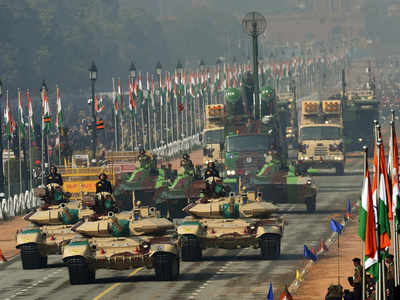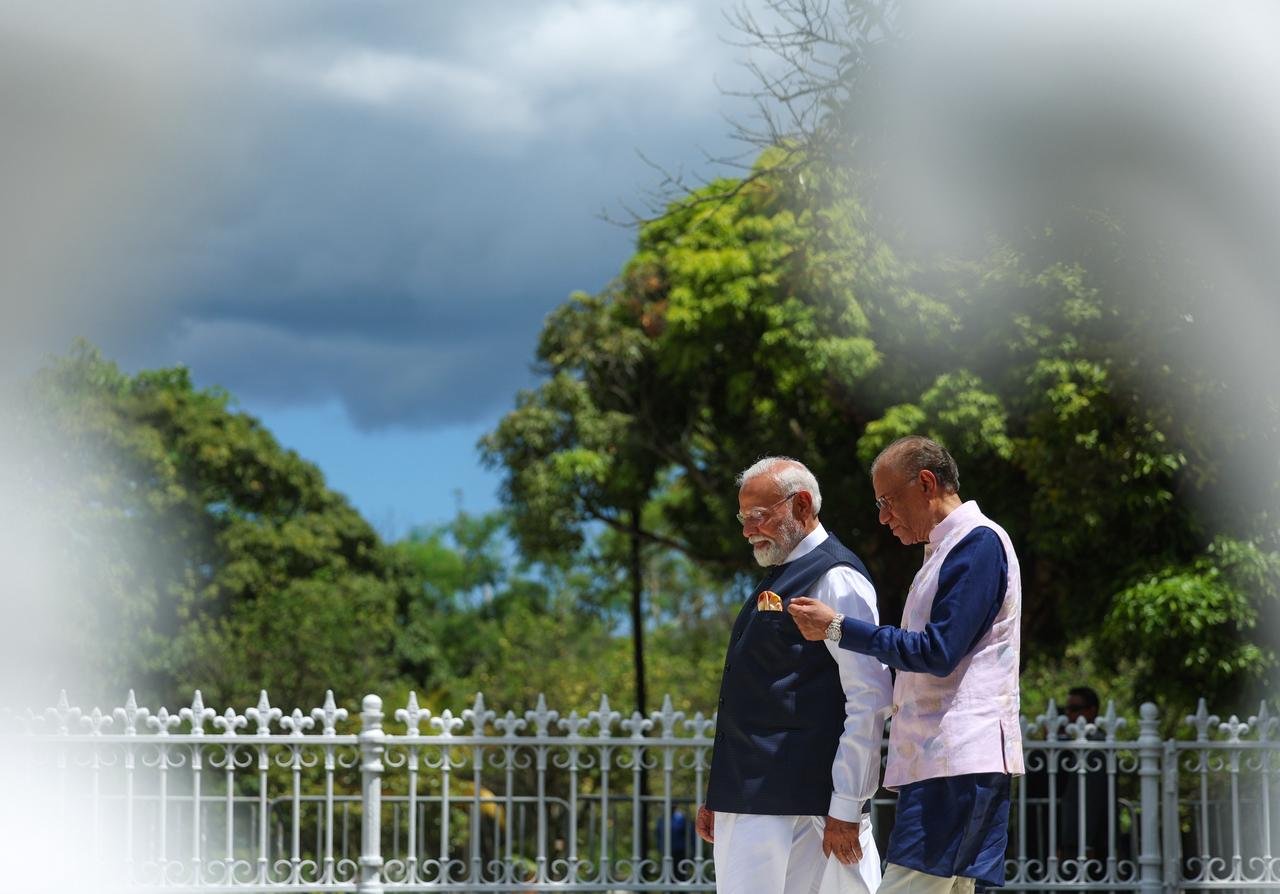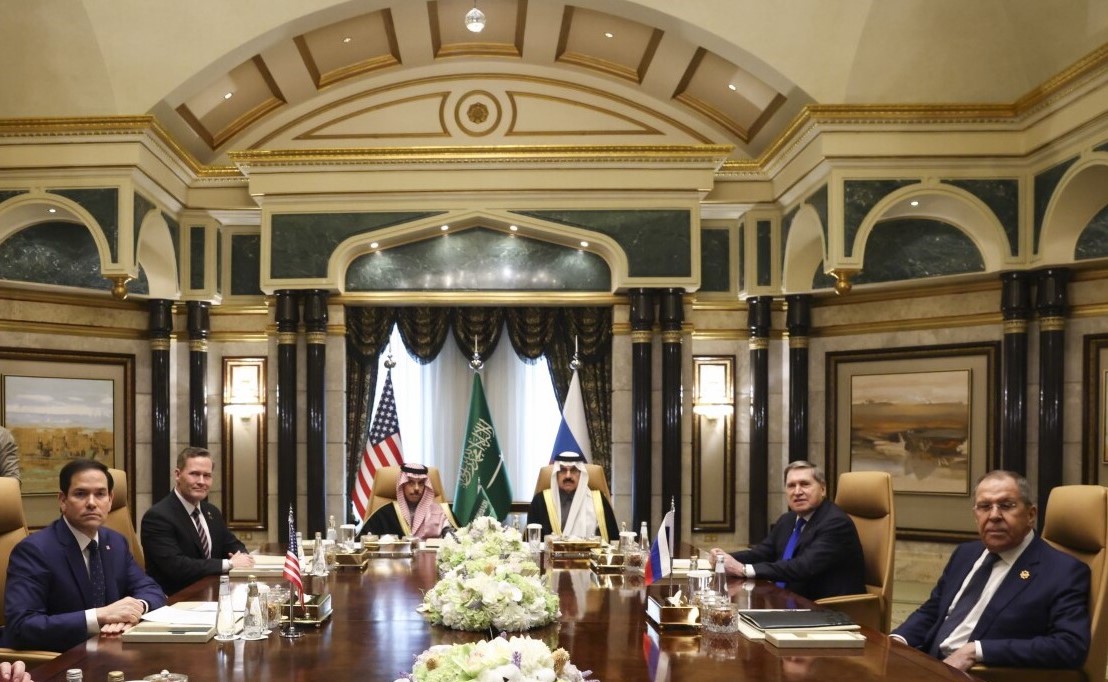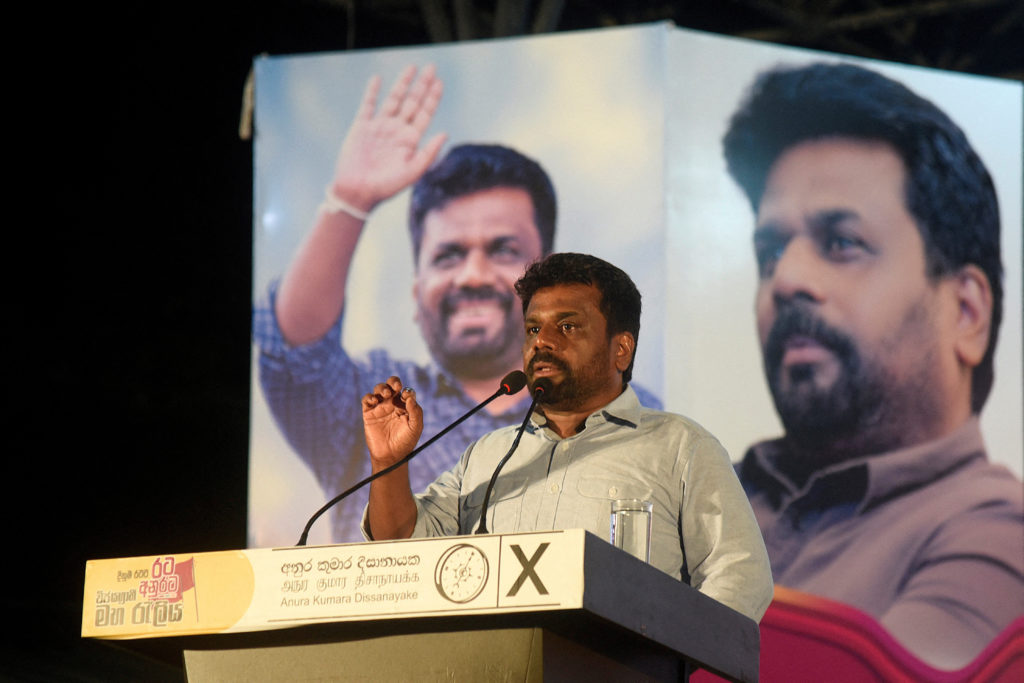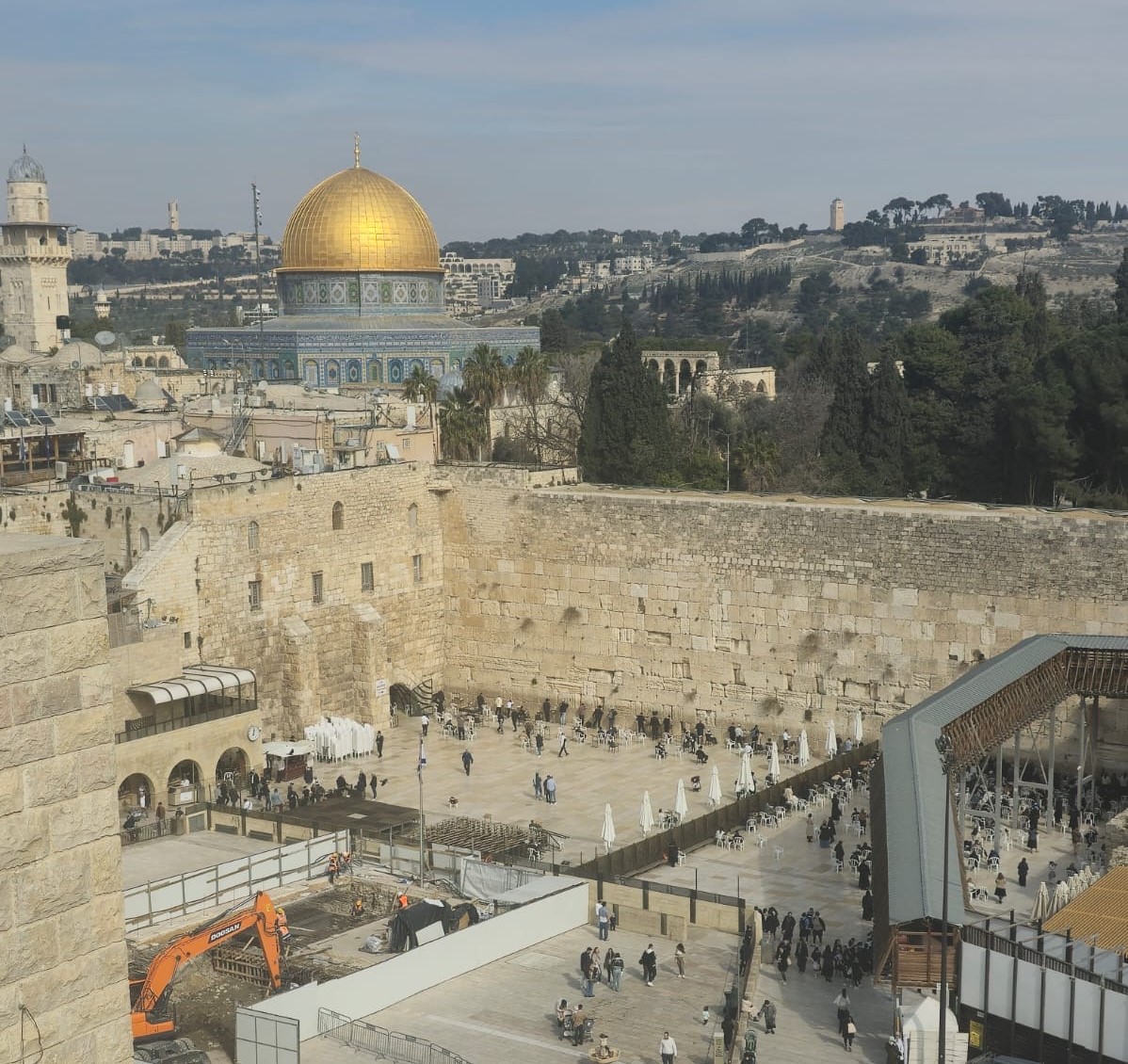The excitement around Small Modular Reactors
As part of India’s Nuclear Energy Mission, India will make the necessary regulatory and legislative amendments to enhance its nuclear power production, including through Small Modular Reactors or SMRs. No longer a fad, SMRs can bring public and private sector innovation and capital together to give India the energy it needs, and the potential for export. India could have SMRs ready for use by 2033.


